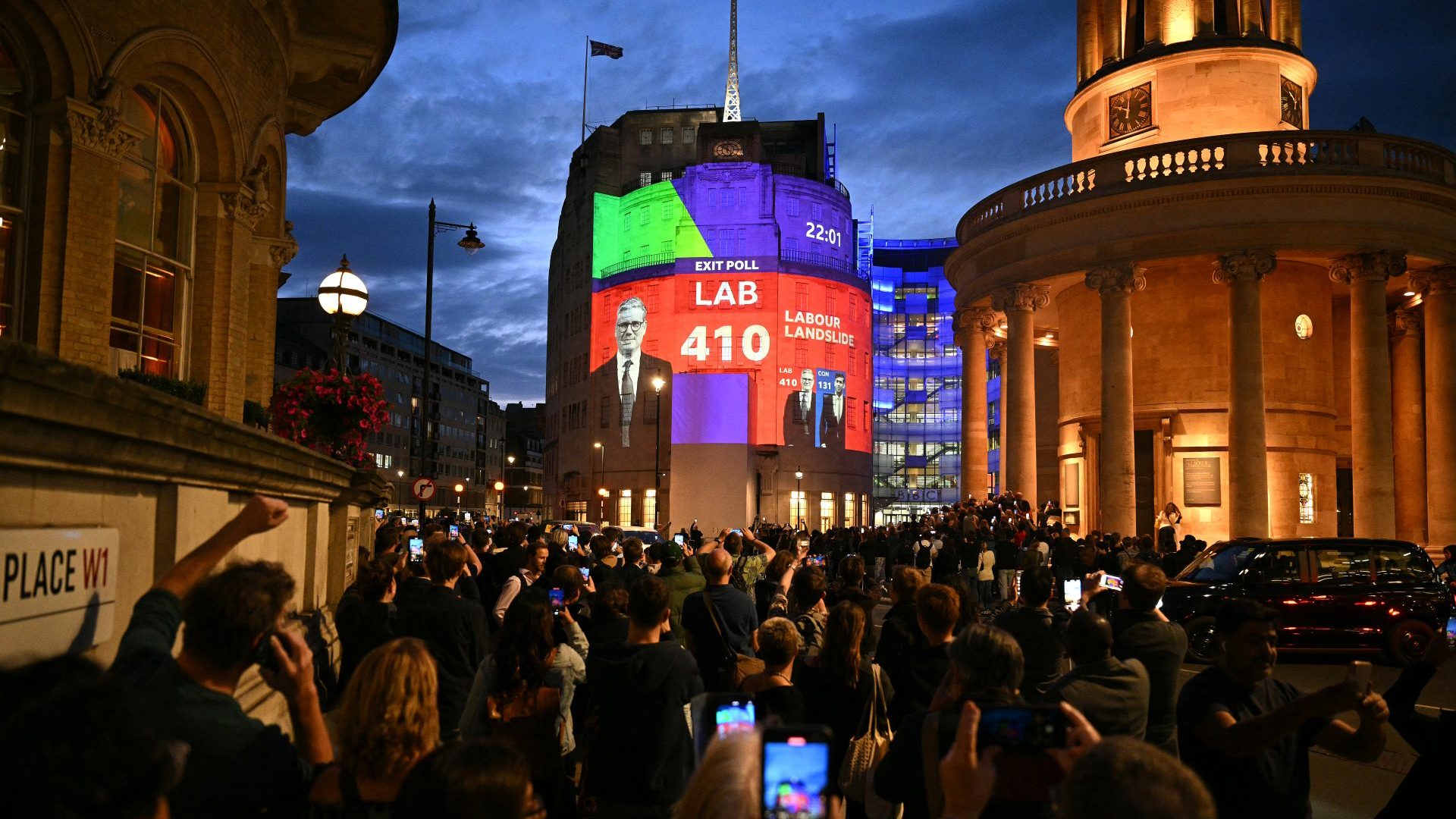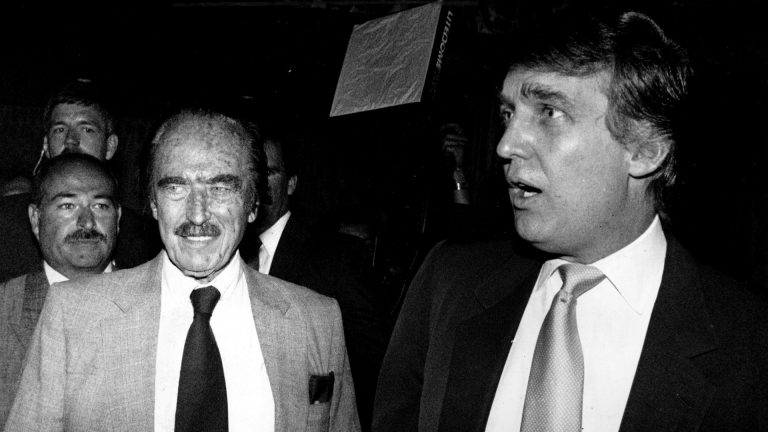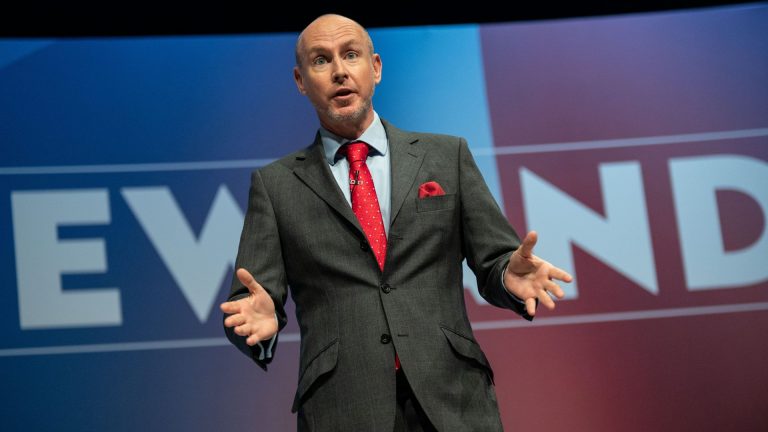Making public predictions is a great way to make sure no-one thinks themselves infallible. Last week, I set out 11 predictions for the general election. It’s only fair that as the dust settles I set out how I think I did. More importantly, where the predictions missed their mark, it’s useful to set out why – what I missed, what it might mean, and what we can learn.
The original predictions came with longer reasoning and explanation, which is not repeated here, but can be checked in the original here. Without further ado:
Prediction: Labour will take 2/3rds of Commons seats – a total of 434 or more
Verdict: Miss, but not a huge miss. I predicted that the projections at the higher end of the Labour share would win, and Labour would take 2/3rds of the seats available. In the event, they won 412, giving them a parliamentary majority of 174 – three wins short of beating Tony Blair’s record. My prediction was out by about 20 seats, so it’s a miss, but it’s only out by 5% of the total won, so it’s not a very significant one in terms of what it means.
Prediction: The Liberal Democrats will win 50-70 seats
Verdict: Almost correct. My reasoning for predicting 50-70 seats for the Lib Dems was that they were running a highly targeted campaign against Conservative incumbents in about that many seats – and I said they would hit a ceiling not much above that because there were very few obvious targets beyond those. In the event, they won every single one of their targets (except Jeremy Hunt’s seat, where they came very close) – and one or two others. I got the narrative right here, and the ceiling pretty much right, but was fractionally out on the target.
Prediction: The Conservatives will win fewer than 100 seats
Verdict: Miss. This prediction was basically a consequence of the first two predictions: if Labour got 430+ seats and the Lib Dems got 70, simple maths meant the Tories would all but have to get less than 100. The 20 seats I projected for Labour went to the Tories, so this one missed. This one matters, as 100+ seats is about the minimum to provide an effective opposition, so it gives the Conservatives a chance at this, even if they may well squander it.
Prediction: The Conservatives will remain the official opposition
Verdict: Correct. Not my boldest prediction, but it panned out exactly as said, for the reasons given.
Prediction: The Conservatives will secure more votes than Reform
Verdict: Correct. The Conservatives absolutely sailed this bar: they won 6.8 million votes, which was almost three million fewer than Labour, but was 2.7 million more than Reform. This one wasn’t even close, which is something of a blow to Farage’s grandiose recounting of the election breakthrough.
Prediction: Reform will win fewer than five seats
Verdict: Pretty damn close. Reform won five seats, right on the threshold I set here. This was slightly higher than my expectations, but much less than the exit poll first suggested (which was 13, with a range of 5-21) – they may flag that they came a close second in a few more seats, but three of their five were won by less than 2,000(ish), and one by less than 100.
Prediction: Turnout will not be that low
Verdict: Correct, but only just. The prediction here was that turnout would be higher than 2001, when it was just 59.4% for an election that was seen as a foregone conclusion – though not to nearly the same extent as this one (no party conceded before polling day, for example). I had said turnout would fall in the range of 60-65%, and it landed at…60%. Phew.
Prediction: Rishi Sunak and Liz Truss’s seats will be closer than expected, and could be the shocks of the night
Verdict: Half right. Rishi Sunak won his seat relatively comfortably, though Labour’s Tom Wilson made him work for it – reducing his majority from 29,000 or so to around 11,000. But the electoral moment of the night became “were you up for Truss?” as the former PM rather ungraciously lost her seat in a three-way contest.
Prediction: Labour will beat Jeremy Corbyn in Islington North
Verdict: Total miss. I had got nervous about this prediction in the days after making it, having seen huge numbers of canvassers for Corbyn in the last few days of the contest – and in the event Jeremy Corbyn won convincingly. Perhaps even more significant was that Labour MPs were unseated by pro-Palestine independents (who have been welcomed by Corbyn) in several more seats, and even health secretary Wes Streeting only held his seat by 500 votes against a challenge. These were missed by pollsters and pundits alike, which raise questions for us all. I’m going to be thinking more on this miss and how to avoid it being a blindspot again.
Prediction: David Lammy will be Keir Starmer’s foreign secretary.
Verdict: Spot on. I had said the briefing that Lammy wouldn’t get the job was ill-advised wishful thinking from those who wanted someone else to get it. And so it has transpired.
Prediction: Labour’s left flank will do any win down
Verdict: DING DING DING. This one was so on the money that I’ve already written a whole separate piece about it.
So, by my working, that’s three misses, a couple of “nearly”s and the rest pretty much on the money. I’m relatively happy with that, but I have of course marked my own homework – which is not remotely fair. If you’d like to offer me your own thoughts on my performance, I am as ever on Twitter.











